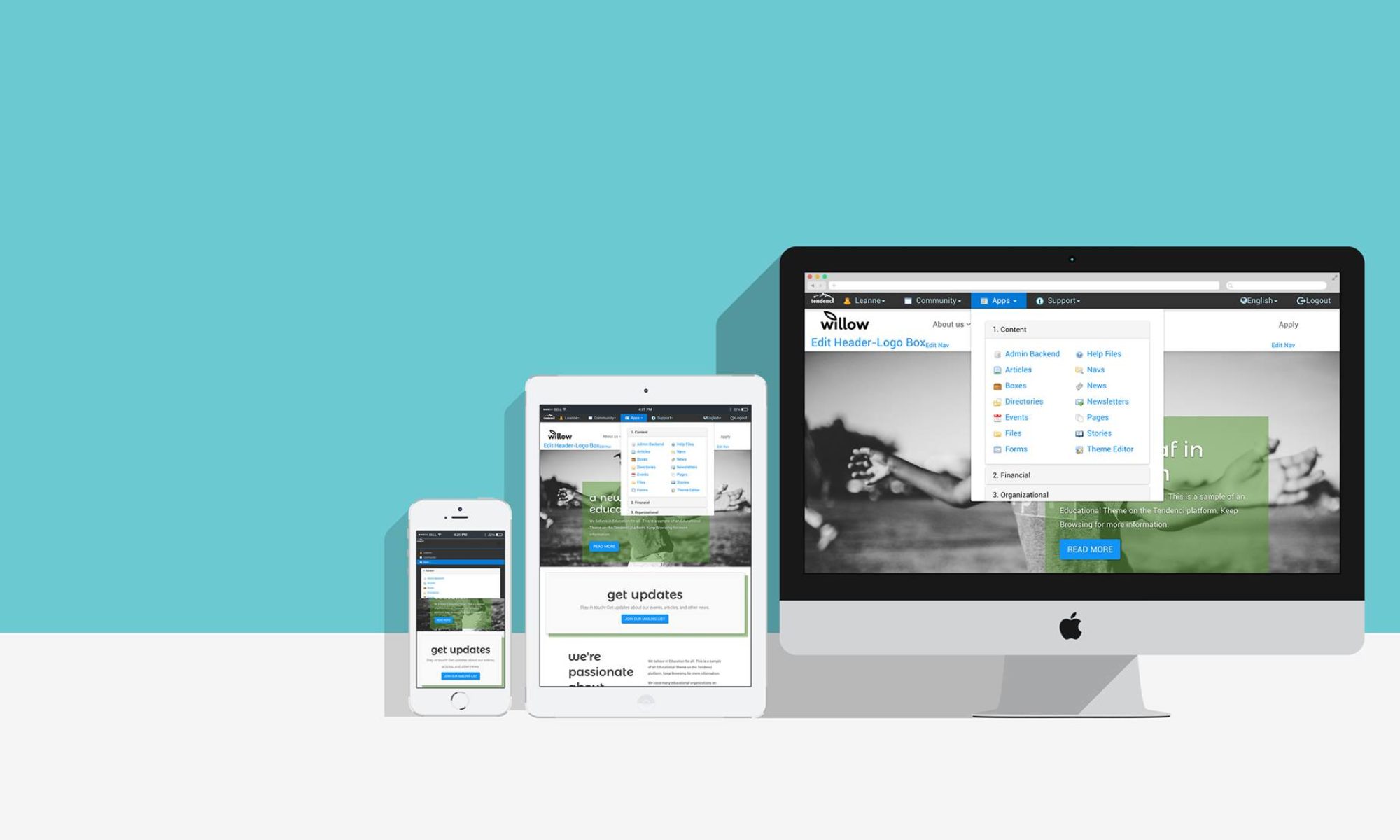 If you’ve been paying attention to the news even a little bit this week, you’ve probably heard a lot about WikiLeaks. It’s tough to cut through the spin and get to the facts, so don’t worry if it’s all left you a little confused. To help you out, we’ve put together a few FAQ’s about WikiLeaks, “Cablegate,” and the security issues surrounding this latest news.
If you’ve been paying attention to the news even a little bit this week, you’ve probably heard a lot about WikiLeaks. It’s tough to cut through the spin and get to the facts, so don’t worry if it’s all left you a little confused. To help you out, we’ve put together a few FAQ’s about WikiLeaks, “Cablegate,” and the security issues surrounding this latest news.
- What is WikiLeaks?
WikiLeaks is a non-profit media organization that “publishes and comments on leaked documents alleging government and corporate misconduct.” Their slogan is “We open governments.” The site has leaked many documents incriminating both public officials and private businesses since its founding in 2006. Contrary to its name, WikiLeaks is not a wiki — content on the site is not editable or commentable by visitors.
- Why are people talking about WikiLeaks right now?
A few days ago, WikiLeaks began publishing the first of over 250,000 diplomatic cables between the U.S. government and embassies around the world. The documents range in security level from unclassified to secret (a level up from “confidential”). The U.S. government is not too thrilled that all this behind-the-scenes talk has been made public, and some foreign leaders are not too thrilled about what they’re reading.
- How did WikiLeaks get these documents?
Well, they were leaked. Bradley Manning, the U.S. Army intelligence analyst who (allegedly) supplied the documents to WikiLeaks, is currently imprisoned in Virginia awaiting trial for charges of unauthorized use and disclosure of classified information. There is, of course, a Free Bradley Manning movement, which WikiLeaks has been involved in despite refusing to name him as the source of these documents or other leaks he is suspected of.
- What’s in them?
A lot, including evidence that Secretary of State Hillary Clinton and former Secretary of State Condoleezza Rice both instructed U.S. diplomatic officials to engage in espionage at the United Nations (which, by the way, is forbidden) and some not-so-great things said about foreign leaders.
- Where can I read the cables myself?
Several news publications also published the documents, and you can follow the coverage via the New York Times or search the raw documents yourself via The Guardian. Der Spiegel has also put together an interactive map of the cables organized by their level of secrecy.
- Why can’t I get to WikiLeaks.org?
The site has been hit by several DDoS attacks since publishing the cables. A “lone hacker” has taken credit for the attacks, but the validity of his claim is questionable. You can follow WikiLeaks on Twitter @wikileaks for the latest updates.
- What does it all mean?
Will Hillary Clinton resign? What will happen to Bradley Manning? Not sure. The more thoughtful questions that this leak and much of WikiLeaks’ history bring up are about trust in government, security, and confidentiality. Governments and the people who work for them haven’t changed much, but technology definitely has. Whether you believe in absolutely open government like WikiLeaks founder Julian Assange or you’re more likely to call Bradley Manning a criminal than a hero, it’s difficult to ignore the power that technology gives to passion. Bradley Manning and Julian Assange were both willing to take huge risks, using technology as a tool, for something they believe in, and they’ve got a lot of people talking and thinking about new ideas and questions as a result.
Photo used under a Creative Commons license from Flickr user opensourceway.


You can definitely see your enthusiasm inside the work you are writing. The world wants for more passionate authors just like you who are not really scared to talk about how they think. Often go after your heart.